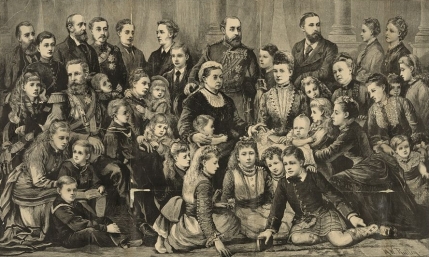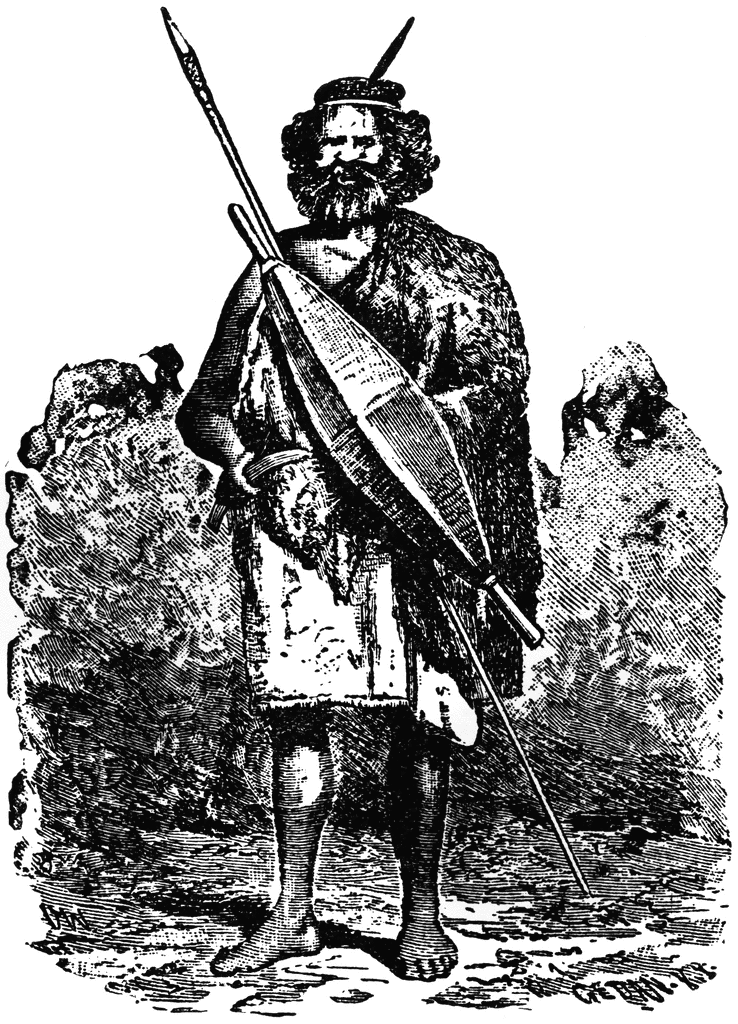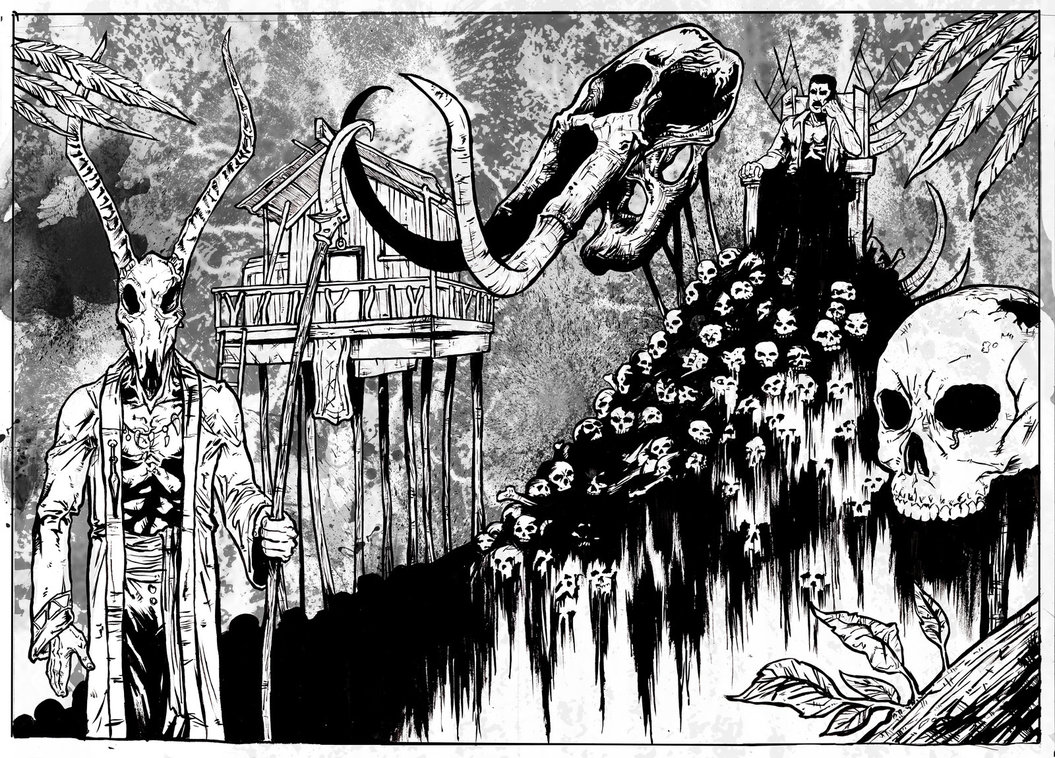
Satire is a genre of literature, and sometimes graphic and performing arts, in which vices, follies, abuses, and shortcomings are held up to ridicule, ideally with the intent of shaming individuals, corporations, government or society itself, into improvement.Although satire is usually meant to be humorous, its greater purpose is often constructive social criticism, using wit to draw attention to both particular and wider issues in society.
A feature of satire is strong irony or sarcasm—”in satire, irony is militant”—but parody,burlesque, exaggeration,juxtaposition, comparison, analogy, and double entendre are all frequently used in satirical speech and writing. This “militant” irony or sarcasm often professes to approve of (or at least accept as natural) the very things the satirist wishes to attack.
The word satire comes from the Latin word satur and the subsequent phrase lanx satura. Satur meant “full” but the juxtaposition with lanx shifted the meaning to “miscellany or medley”: the expression lanx satura literally means “a full dish of various kinds of fruits.”
The word satura as used by Quintilian, however, was used to denote only Roman verse satire, a strict genre that imposed hexameter form, a narrower genre than what would be later intended as satire. Quintilian famously said that satura, that is a satire in hexameter verses, was a literary genre of wholly Roman origin (satura tota nostra est). He was aware of and commented on Greek satire, but at the time did not label it as such, although today the origin of satire is considered to be Aristophanes’ Old Comedy. The first critic to use satire in the modern broader sense was Apuleius.
Laughter is not an essential component of satire; in fact there are types of satire that are not meant to be “funny” at all. Conversely, not all humour, even on such topics as politics, religion or art is necessarily “satirical”, even when it uses the satirical tools of irony, parody, and burlesque.
Even light-hearted satire has a serious “after-taste”: the organizers of the Ig Nobel Prize describe this as “first make people laugh, and then make them think”.

Satire and irony in some cases have been regarded as the most effective source to understand a society, the oldest form of social study. They provide the keenest insights into a group’s collective psyche, reveal its deepest values and tastes, and the society’s structures of power. Some authors have regarded satire as superior to non-comic and non-artistic disciplines like history oranthropology. In a prominent example from ancient Greece, philosopher Plato, when asked by a friend for a book to understand Athenian society, referred him to the plays of Aristophanes.
Historically, satire has satisfied the popular need to debunk and ridicule the leading figures in politics, economy, religion and other prominent realms of power. Satire confronts public discourse and the collective imaginary, playing as a public opinion counterweight to power (be it political, economic, religious, symbolic, or otherwise), by challenging leaders and authorities. For instance, it forces administrations to clarify, amend or establish their policies. Satire’s job is to expose problems and contradictions, and it’s not obligated to solve them. Karl Kraus set in the history of satire a prominent example of a satirist role as confronting public discourse.[19]
For its nature and social role, satire has enjoyed in many societies a special freedom license to mock prominent individuals and institutions. The satiric impulse, and its ritualized expressions, carry out the function of resolving social tension. Institutions like the ritual clowns, by giving expression to the antisocial tendencies, represent a safety valve which reestablishes equilibrium and health in the collective imaginary, which are jeopardized by the repressive aspects of society.

The state of political satire in a given society reflects the tolerance or intolerance that characterizes it,and the state of civil liberties and human rights. Under totalitarian regimes any criticism of a political system, and especially satire, is suppressed. A typical example is the Soviet Union where the dissidents, such as Aleksandr Solzhenitsyn and Andrei Sakharov were under strong pressure from the government. While satire of everyday life in the USSR was allowed, the most prominent satirist being Arkady Raikin, political satire existed in the form of anecdotes that made fun of Soviet political leaders, especially Brezhnev, famous for his narrow-mindness and love for awards and decorations.
Juvenalian
Juvenalian satire, named for the writings of the Roman satirist Juvenal (late first century – early second century AD), is more contemptuous and abrasive than the Horatian. Juvenal disagreed with the opinions of the public figures and institutions of the Republic and actively attacked them through his literature. “He utilized the satirical tools of exaggeration and parody to make his targets appear monstrous and incompetent” (Podzemny). Juvenal satire follows this same pattern of abrasively ridiculing societal structures. Juvenal also, unlike Horace, attacked public officials and governmental organizations through his satires, regarding their opinions not just as wrong, but as evil.
Following in this tradition, Juvenalian satire addresses perceived social evil through scorn, outrage, and savage ridicule. This form is often pessimistic, characterized by the use of irony, sarcasm, moral indignation and personal invective, with less emphasis on humor. Strongly polarized political satire can often be classified as Juvenalian.
A Juvenal satirist’s goal is generally to provoke some sort of political or societal change because he sees his opponent or object as evil or harmful. A Juvenal satirist mocks “societal structure, power, and civilization” (Thomas) by exaggerating the words or position of his opponent in order to jeopardize their opponent’s reputation and/or power. Jonathan Swift has been established as an author who “borrowed heavily from Juvenal’s techniques in [his critique] of contemporary English society” (Podzemny).

Ancient Greece
The Greeks had no word for what later would be called “satire”, although the terms cynicism and parody were used. Modern critics call the Greek playwright Aristophanes one of the best known early satirists: his plays are known for their critical political and societal commentary, particularly for the political satire by which he criticized the powerful Cleon (as in The Knights). He is also notable for the persecution he underwent. Aristophanes’ plays turned upon images of filth and disease. His bawdy style was adopted by Greek dramatist-comedian Menander. His early play Drunkenness contains an attack on the politician Callimedon.
The oldest form of satire still in use is the Menippean satire by Menippus of Gadara. His own writings are lost. Examples from his admirers and imitators mix seriousness and mockery in dialogues and present parodies before a background of diatribe. As in the case of Aristophanes plays, menippean satire turned upon images of filth and disease.
Roman world
The first Roman to discuss satire critically was Quintilian, who invented the term to describe the writings of Lucilius. The two most prominent and influential ancient Roman satirists are Horace and Juvenal, who wrote during the early days of the Roman Empire. Other important satirists in ancient Latin are Lucilius and Persius.Satire in their work is much wider than in the modern sense of the word, including fantastic and highly coloured humorous writing with little or no real mocking intent. When Horace criticized Augustus, he used veiled ironic terms. In contrast, Pliny reports that the 6th century BC poet Hipponax wrote satirae that were so cruel that the offended hanged themselves.

Medieval Europe
Two major satirists of Europe in the Renaissance were Giovanni Boccaccio and François Rabelais. Other examples of Renaissance satire include Till Eulenspiegel, Reynard the Fox, Sebastian Brant’s Narrenschiff (1494), Erasmus’ Moriae Encomium (1509), Thomas More’s Utopia (1516), and Carajicomedia (1519).
Early Modern Western Satire
Direct social commentary via satire returned with a vengeance in the 16th century, when farcical texts such as the works of François Rabelais tackled more serious issues (and incurred the wrath of the crown as a result).
The Elizabethan (i.e. 16th-century English) writers thought of satire as related to the notoriously rude, coarse and sharp satyr play. Elizabethan “satire” (typically in pamphlet form) therefore contains more straightforward abuse than subtle irony. The French Huguenot Isaac Casaubonpointed out in 1605 that satire in the Roman fashion was something altogether more civilised. Casaubon discovered and published Quintilian’s writing and presented the original meaning of the term (satira, not satyr), and the sense of wittiness (reflecting the “dishfull of fruits”) became more important again. 17th-century English satire once again aimed at the “amendment of vices” (Dryden).

Jonathan Swift was one of the greatest of Anglo-Irish satirists, and one of the first to practise modern journalistic satire. For instance, In his A Modest Proposal Swift suggests that Irish peasants be encouraged to sell their own children as food for the rich, as a solution to the “problem” of poverty. His purpose is of course to attack indifference to the plight of the desperately poor. In his book Gulliver’s Travels he writes about the flaws in human society in general and English society in particular. John Dryden wrote an influential essay entitled “A Discourse Concerning the Original and Progress of Satire” that helped fix the definition of satire in the literary world. His satirical Mac Flecknoe was written in response to a rivalry with Thomas Shadwell and eventually inspired Alexander Pope to write his satirical The Rape of the Lock. Other satirical works by Pope include the Epistle to Dr Arbuthnot.
Alexander Pope b. May 21, 1688 was a satirist known for his Horatian satirist style and translation of the Illiad. Famous throughout and after the long 18th century, Pope died in 1744. Pope, in his The Rape of the Lock, is delicately chiding society in a sly but polished voice by holding up a mirror to the follies and vanities of the upper class. Pope does not actively attack the self-important pomp of the British aristocracy, but rather presents it in such a way that gives the reader a new perspective from which to easily view the actions in the story as foolish and ridiculous. A mockery of the upper class, more delicate and lyrical than brutal, Pope nonetheless is able to effectively illuminate the moral degradation of society to the public. The Rape of the Lock assimilates the masterful qualities of a heroic epic, such as the Iliad, which Pope was translating at the time of writing The Rape of the Lock. However, Pope applied these qualities satirically to a seemingly petty egotistical elitist quarrel to prove his point wryly.
Daniel Defoe pursued a more journalistic type of satire, being famous for his The True-Born Englishman which mocks xenophobic patriotism, and The Shortest-Way with the Dissenters – advocating religious toleration by means of an ironical exaggeration of the highly intolerant attitudes of his time.
The pictorial satire of William Hogarth is a precursor to the development of political cartoons in 18th-century England.The medium developed under the direction of its greatest exponent, James Gillray from London.With his satirical works calling the king (George III), prime ministers and generals (especially Napoleon) to account, Gillray’s wit and keen sense of the ridiculous made him the pre-eminent cartoonist of the era.
Satire in Victorian England

A Victorian satirical sketch depicting a gentleman’s donkey race in 1852
Several satiric papers competed for the public’s attention in the Victorian era (1837–1901) and Edwardian period, such as Punch (1841) and Fun (1861).
Novelists such as Charles Dickens often used passages of satiric writing in their treatment of social issues.
In the same period, in the United States, Mark Twain (1835–1910) was a great American satirist: his novel Huckleberry Finn (1884) is set in the antebellum South, where the moral values Twain wishes to promote are completely turned on their heads. His hero, Huck, is a rather simple but goodhearted lad who is ashamed of the “sinful temptation” that leads him to help a runaway slave. In fact his conscience, warped by the distorted moral world he has grown up in, often bothers him most when he is at his best. Ironically, he is prepared to do good, believing it to be wrong.
Twain’s younger contemporary Ambrose Bierce (1842–1913) gained notoriety as a cynic, pessimist and black humorist with his dark, bitterly ironic stories, many set during the American Civil War, which satirized the limitations of human perception and reason. Bierce’s most famous work of satire is probably The Devil’s Dictionary (1906), in which the definitions mock cant, hypocrisy and received wisdom.
20th Century Satire

Benzino Napaloni and Adenoid Hynkelin The Great Dictator (1940). Chaplin later declared that he would have not made the film if he had known about the concentration camps.
In the United States 1950s, satire was introduced into American stand-up comedy most prominently by Lenny Bruce and Mort Sahl. As they challenged the taboos and conventional wisdom of the time, were ostracized by the mass media establishment as sick comedians. In the same period, Paul Krassner’s magazine The Realist began publication, to become immensely popular during the 1960s and early 1970s among people in the counterculture; it had articles and cartoons that were savage, biting satires of politicians such as Lyndon Johnson and Richard Nixon, the Vietnam War, the Cold War and the War on Drugs. Prominent satiric stand-up comedian George Carlin acknowledged the influence The Realist had in his 1970s conversion to a satiric comedian.
A more humorous brand of satire enjoyed a renaissance in the UK in the early 1960s with the satire boom, led by such luminaries as Peter Cook, Alan Bennett, Jonathan Miller, and Dudley Moore, whose stage show Beyond the Fringe was a hit not only in Britain, but also in the United States. Other significant influences in 1960s British satire include David Frost, Eleanor Bron and the television program That Was The Week That Was.

Contemporary Satire
Contemporary popular usage of the term “satire” is often very imprecise. While satire often uses caricature and parody, by no means are all uses of these or other humorous devices, satiric. Refer to the careful definition of satire that heads this article.
Satire is used on many UK television programmes, particularly popular panel shows and quiz shows such as Mock the Week (2005) and Have I Got News for You (1990–ongoing). Similarly it is found on radio quiz shows such as The News Quiz (1977–ongoing) and The Now Show (1998–ongoing). One of the most-watched UK television shows of the 1980s and early 1990s, the puppet Spitting Image was a satire of the royal family, politics, entertainment, sport and British culture of the era. Created by DMA Design in 1997, satire also features prominently in the British video game series Grand Theft Auto.
The television program South Park (1997–ongoing) relies almost exclusively on satire to address issues in American culture, with episodes addressing anti-Semitism, militant atheism, homophobia,environmentalism, corporate culture, political correctness and anti-Catholicism, among many other issues.
Stephen Colbert’s television program, The Colbert Report (2005–14), is instructive in the methods of contemporary American satire. Colbert’s character is an opinionated and self-righteous commentator who, in his TV interviews, interrupts people, points and wags his finger at them, and “unwittingly” uses a number of logical fallacies. In doing so, he demonstrates the principle of modern American political satire: the ridicule of the actions of politicians and other public figures by taking all their statements and purported beliefs to their furthest (supposedly) logical conclusion, thus revealing their perceived hypocrisy or absurdity.
Legal Status
For its nature and social role, satire has enjoyed in many societies a special freedom license to mock prominent individuals and institutions.In Germany, and Italy satire is protected by the constitution.















